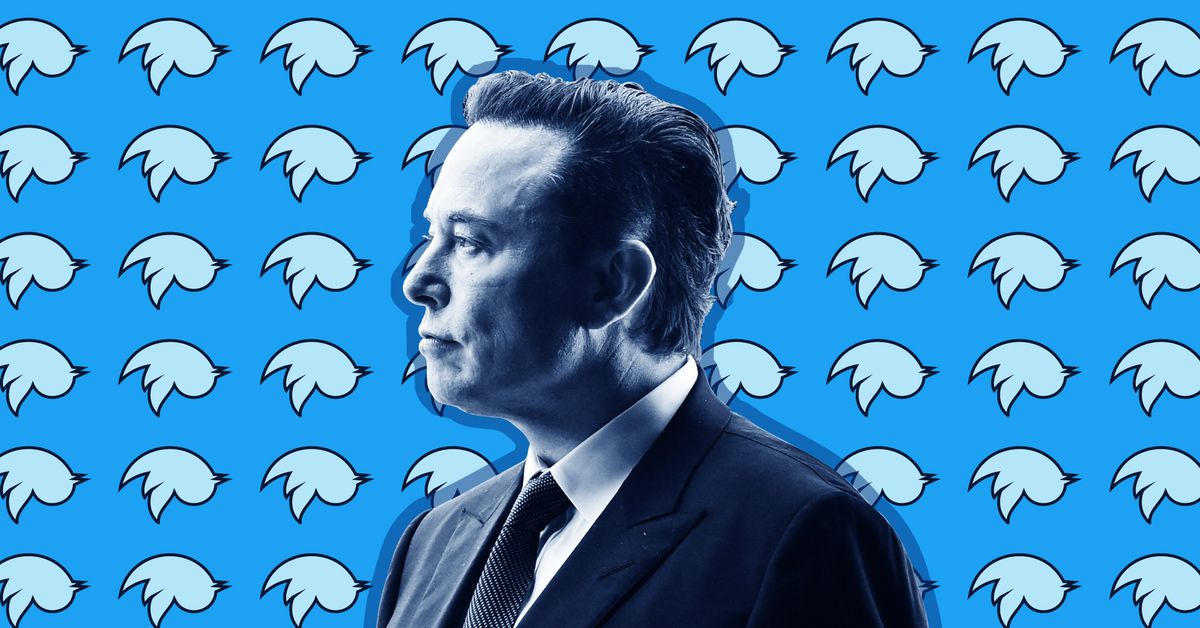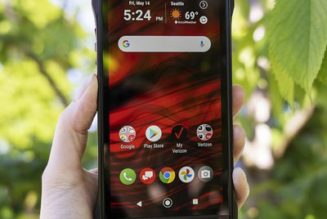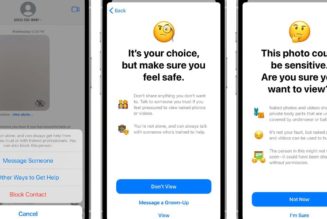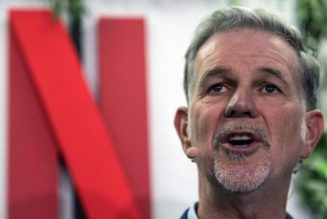
Elon Musk has lined up the funding he needs for his proposed takeover of Twitter. In a new filing with the US Securities and Exchange Commission on Thursday, Musk laid out his plan for the $46.5 billion worth of loans that will allow him to finance the buyout offer made on April 14th.
The funding is provided through two debt commitment letters from Morgan Stanley Senior Funding, in which the bank commits to offering a series of loans worth $25.5 billion. The remaining $21 billion will be covered by Musk himself.
Notably, the filing does not list any equity partners to share the cash burden with Musk. The Tesla CEO already owns a 9 percent stake in Twitter, valued at roughly $2.9 billion.
The filing also makes clear that Twitter has not formally responded to Musk’s offer. “The Reporting Person is seeking to negotiate a definitive agreement for the acquisition of Twitter by the Reporting Person,” it reads, “and is prepared to begin such negotiations immediately.”
There has been both skepticism and speculation about how Musk had planned to finance his buyout offer. Despite being Earth’s richest human, with a personal fortune that Bloomberg’s Billionaires Index estimated at around $249 billion, Musk isn’t able to simply buy Twitter given the majority of his net worth is tied up in Tesla stock. He can borrow against this stock, but The New York Times notes there are limits on how much stock he’s able to use as collateral, not to mention the fact that Tesla’s fluctuating share prices might make banks wary.
Given the controversy that’s often surrounded the CEO, potential investors have also reportedly been hesitant about co-investing with Musk. The New York Times also previously noted that Twitter’s inconsistent financial performance over the years (not to mention controversies of its own) mean it’s not an obvious contender for a traditional leveraged buyout. Musk has publicly said buying Twitter is not meant as “a way to make money,” which, taken at face value (never wise with Musk), undermines anyone looking to maximize returns.
Even with funding secured, taking over Twitter will not be easy. The company’s board of directors recently announced measures to block Musk’s hostile takeover. This maneuver, which is known in the finance world as a “poison pill,” allows certain shareholders to purchase more stock in an attempt to block Musk from holding a stake of over 15 percent, Reuters previously reported.
The Tesla CEO has referred to himself as a “free speech absolutist” and has suggested that he believes Twitter (which he calls “the de facto town square”) should loosen its moderation policies. “I invested in Twitter as I believe in its potential to be the platform for free speech around the globe, and I believe free speech is a societal imperative for a functioning democracy,” Musk said in his initial letter announcing his intention to buy the company. “Twitter has extraordinary potential. I will unlock it.”









